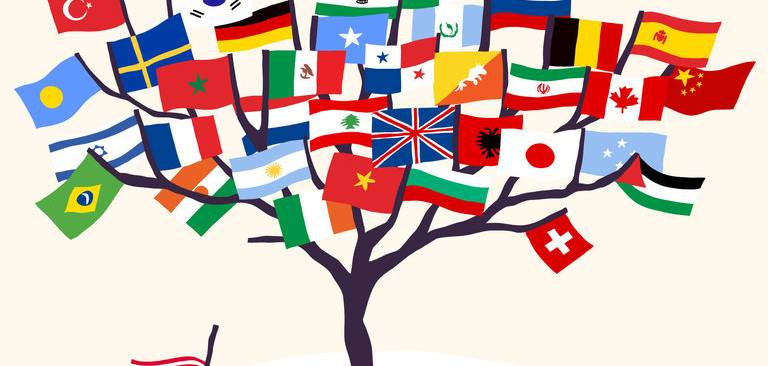
Climate change threatens our planet. They demand a coordinated global political response. In this perspective, on December 12, 2015, 197 countries met at the COP 21 in Paris to adopt the Paris Agreement. This agreement aims to significantly reduce global greenhouse gas emissions and limit the increase in global temperature to 2 ° C over the century. The temperature actually expected would, in fact, be 1.5 ° C. Out of 195 signatures, 189 states have ratified the agreement. On November 4, 2016, this agreement entered into force.
Each country therefore undertakes to implement, over the long term, the appropriate measures as specified at COP 24 in 2018 in order to contribute to the reduction of greenhouse gas emissions. Each nation accepts to consider the fight against climate change and global warming as an absolute priority in its development and that of its economy.
The Paris Agreement officially entered into force on November 4, 2016.
In 2018, participants of COP 24, held in Katowice, Poland, adopted detailed regulations setting out the operational modalities of the Paris Agreement.
Note, however, that in 2017, Donald Trump's America and China, which are however the two largest emitters of greenhouse gases in the world, refuse to take part in this agreement.
The Paris Agreement is:
- global temperatures below 2 ° C (3.6 ° F) by the end of this century, compared to pre-industrial times.
- 1.5 ° C each year thereafter.
- A goal of carbon neutrality by achieving a balance between greenhouse gas emissions and their absorption by natural means such as forests.
- meetings every 5 years, starting in 2023, to verify the adequacy of the commitments made by each country with the measures put into practice.
- Funding granted to poor countries to enable them to adapt to climate change and switch to renewable energies.
In the presence of the climate emergency, each state will bear its share of responsibility but will, however, be differentiated. Indeed, the agreement takes into account the specific situation of each state in terms of capacities and different contexts. Indeed, the different levels of development as well as the specific needs of particularly vulnerable countries. In addition to financial aid, industrialized countries are committed to making technology transfers easier, and more generally the transition to a low-carbon economy.
Posted on 2021-02-23 14:45









Comments